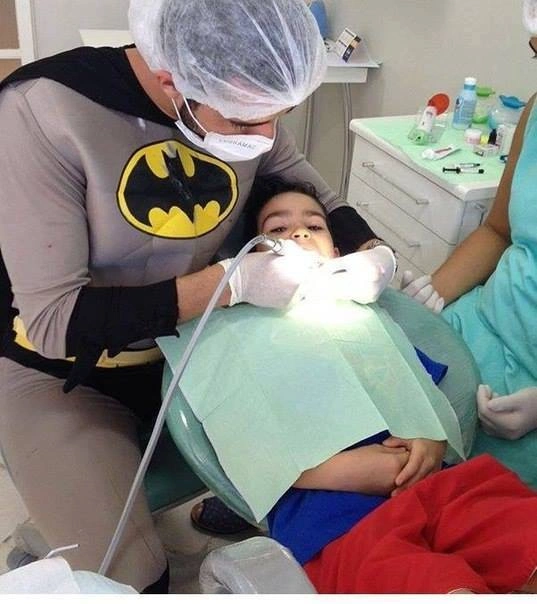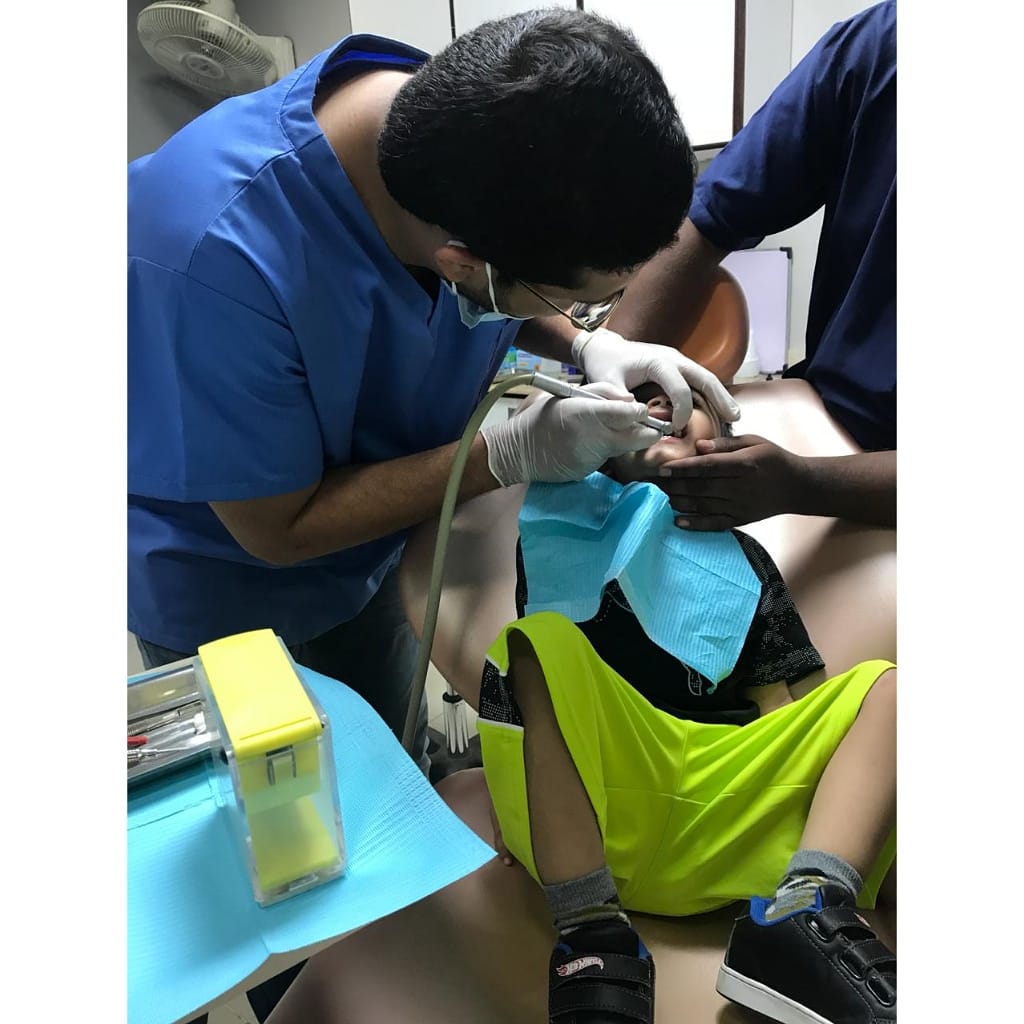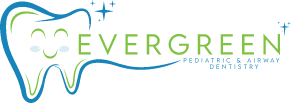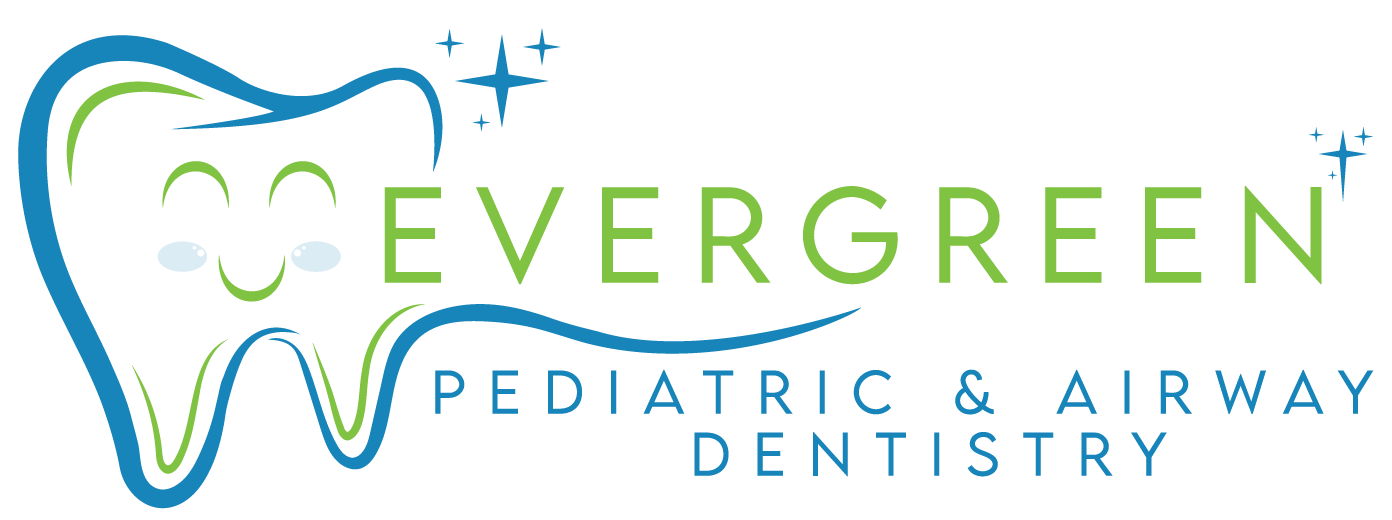Sleep Dentistry for Kids: When It’s the Right Choice for Your Child
As a parent, watching your child experience dental anxiety or knowing they need extensive dental work can feel overwhelming. You want what’s best for your child, but the thought of them being scared, uncomfortable, or in pain during dental procedures is heartbreaking. That’s where sleep dentistry comes in—a gentle, compassionate solution that can transform your child’s dental experience from stressful to peaceful.
At Evergreen Pediatric & Airway Dentistry, Dr. Susan Kim and her team understand that every child is unique. Some children breeze through dental appointments, while others need extra support to feel safe and comfortable. Sleep dentistry isn’t just about making procedures easier—it’s about creating positive dental experiences that set the foundation for a lifetime of healthy oral habits.
If you’ve been wondering whether sleep dentistry for kids might be right, this guide will help you understand when it’s the ideal choice and how it can benefit your little one’s dental health and overall well-being.
What is Sleep Dentistry?
Sleep dentistry, also known as sedation dentistry, uses safe medications to help children relax during dental procedures. The name can be a bit misleading—your child isn’t actually “asleep” in most cases, but rather in a calm, comfortable state that allows Dr. Susan to provide the care they need without stress or fear.
There are different levels of sedation available, each tailored to your child’s specific needs:
Mild sedation helps anxious children feel relaxed while remaining fully conscious and able to respond to instructions. This might involve nitrous oxide (laughing gas) or oral medications that create a sense of calm.
Moderate sedation creates a deeper level of relaxation where children may feel drowsy and have little memory of the procedure afterward. They can still respond to touch and verbal cues but are much more comfortable throughout the treatment.
Deep sedation is reserved for extensive procedures or children with special needs. Under careful monitoring, children are on the edge of consciousness but can still be awakened if needed.
The goal is always to use the gentlest level of sedation that will keep your child comfortable while allowing for safe, effective treatment.

Sleep Dentistry for Kids
When is Sleep Dentistry the Right Choice?
Dr. Susan and the team at Evergreen Pediatric & Airway Dentistry carefully evaluate each child to determine when sedation dentistry would be most beneficial. Here are the key scenarios where sleep dentistry becomes the compassionate choice:
Anxiety or Fear of Dental Procedures
Some children develop intense fear around dental visits, often triggered by past experiences, stories from friends, or simply the unfamiliar sights and sounds of a dental office. When a child’s anxiety is severe enough to prevent proper treatment or cause significant distress, sedation can provide the peace of mind both child and parent need.
Sleep dentistry allows these anxious children to receive necessary care while building positive associations with dental visits. Instead of remembering fear and discomfort, they wake up feeling rested and proud that they took care of their teeth.
Extensive Dental Work Needed
Sometimes children need multiple procedures or complex treatments that would be difficult to complete in a traditional setting. Rather than subjecting your child to multiple appointments filled with stress, sedation allows Dr. Susan to complete comprehensive treatment efficiently and comfortably.
This approach is particularly beneficial when addressing issues related to sleep-disordered breathing, which affects nearly 93% of children due to underdeveloped jaws. These treatments, while crucial for your child’s long-term health and development, can be extensive and are much more comfortable under sedation.
Special Needs Children with Sensory Sensitivities
Children with autism, ADHD, or other developmental differences often have heightened sensory sensitivities that make dental visits overwhelming. The bright lights, unfamiliar sounds, and physical sensations can trigger intense reactions that make treatment impossible.
Sleep dentistry creates a controlled, calm environment where these children can receive the dental care they need without sensory overload. Dr. Susan’s experience with airway-related issues that often contribute to ADHD symptoms makes her particularly skilled at treating children with these challenges.
Benefits of Sleep Dentistry for Kids
The advantages of sleep dentistry extend far beyond just getting through a dental appointment. Here’s how it can positively impact your child’s overall health and development:
Stress-Free Experience
When children aren’t fighting fear and anxiety, they can focus on healing and recovery. Parents often report that their children are more relaxed and cooperative during subsequent visits after experiencing the calm, gentle approach of sedation dentistry.
Safer Treatment with Controlled Environment
Sedation actually makes many procedures safer by keeping children still and relaxed. This allows Dr. Susan to work with precision and care, reducing the risk of injury from sudden movements or the need to restrain anxious children.
The controlled environment also means better outcomes for treatments addressing airway issues, tongue ties, or other conditions that affect breathing and development.
Efficient Completion of Dental Work
Instead of multiple stressful appointments, comprehensive treatment can often be completed in one session. This means less time away from school, fewer disruptions to your family schedule, and faster resolution of dental problems that might be affecting your child’s sleep, behavior, or overall health.
Positive Association with Dentists
Perhaps most importantly, sleep dentistry helps children develop positive relationships with dental care. When they associate dental visits with feeling calm and comfortable rather than scared and overwhelmed, they’re more likely to maintain good oral health habits throughout their lives.

Sleep Dental Treatment
Is Sleep Dentistry Safe?
Safety is always the top priority at Evergreen Pediatric & Airway Dentistry. Dr. Susan and her team follow strict protocols to ensure your child’s well-being throughout any sedation procedure.
Before any sedation, your child receives a thorough medical evaluation to ensure they’re a good candidate for the procedure. During treatment, advanced monitoring equipment tracks vital signs including heart rate, blood pressure, and oxygen levels. A trained team member is dedicated solely to monitoring your child’s comfort and safety.
Dr. Susan’s specialized training in pediatric dentistry, combined with her expertise in airway management, makes her uniquely qualified to provide safe sedation dentistry. Her understanding of how breathing issues affect children’s overall health ensures that sedation is administered with careful attention to your child’s airway and breathing patterns.
Recovery is typically quick and smooth, with most children returning to normal activities within a few hours. The team provides detailed aftercare instructions to ensure optimal healing and comfort at home.
Alternatives to Sleep Dentistry
While sleep dentistry is an excellent option for many children, Dr. Susan also offers several alternatives that can help address underlying issues contributing to dental problems:
Myo Munchee programs use specially designed oral exercises and devices to improve jaw development and breathing patterns. These fun, engaging activities can help children develop stronger facial muscles and better oral posture.
Myobrace programs focus on correcting poor oral habits that contribute to crooked teeth and breathing difficulties. These customized appliances are worn for short periods each day and during sleep to guide proper jaw and teeth development.
Vivos and HealthyStart treatments address the root causes of sleep-disordered breathing by promoting healthy jaw development. These innovative approaches can prevent the need for more intensive treatments later while improving your child’s breathing, sleep, and overall development.
Dr. Susan often combines these preventive approaches with traditional dental care to address both immediate needs and long-term health goals.
Creating Positive Dental Experiences for Life
Sleep dentistry represents more than just a way to complete dental procedures—it’s about honoring your child’s emotional well-being while providing the highest quality care. When children feel safe and comfortable during dental visits, they develop trust in their healthcare providers and take ownership of their oral health.
Dr. Susan’s approach extends beyond the dental chair to address the whole child. Her expertise in airway dentistry means she’s looking for ways to improve your child’s breathing, sleep, and development while caring for their teeth. This comprehensive approach often reveals connections between dental health and issues like difficulty focusing, bedwetting, or behavioral challenges.
The goal is always to help your child grow up breathing through their nose, sleeping soundly, and smiling with confidence. Sleep dentistry is one tool in achieving this vision, used when it serves your child’s best interests.
If you’re concerned about your child’s dental anxiety, need for extensive treatment, or have questions about whether sleep dentistry might be right for your family, Dr. Susan and her team are here to help. Every child deserves dental care that feels safe, comfortable, and supportive of their overall health and development.
Take the first step toward stress-free dental care for your child. Call Evergreen Pediatric & Airway Dentistry at (425) 814-3196 to schedule a consultation and discover how gentle, expert care can transform your child’s dental experience.
Evergreen Pediatric Dentistry
https://www.google.com/maps?cid=14720788683151219551
12910 Totem Lake Blvd NE #103, Kirkland, WA 98034, United States
(425) 814-3196
https://evergreenkidsdentist.com/


